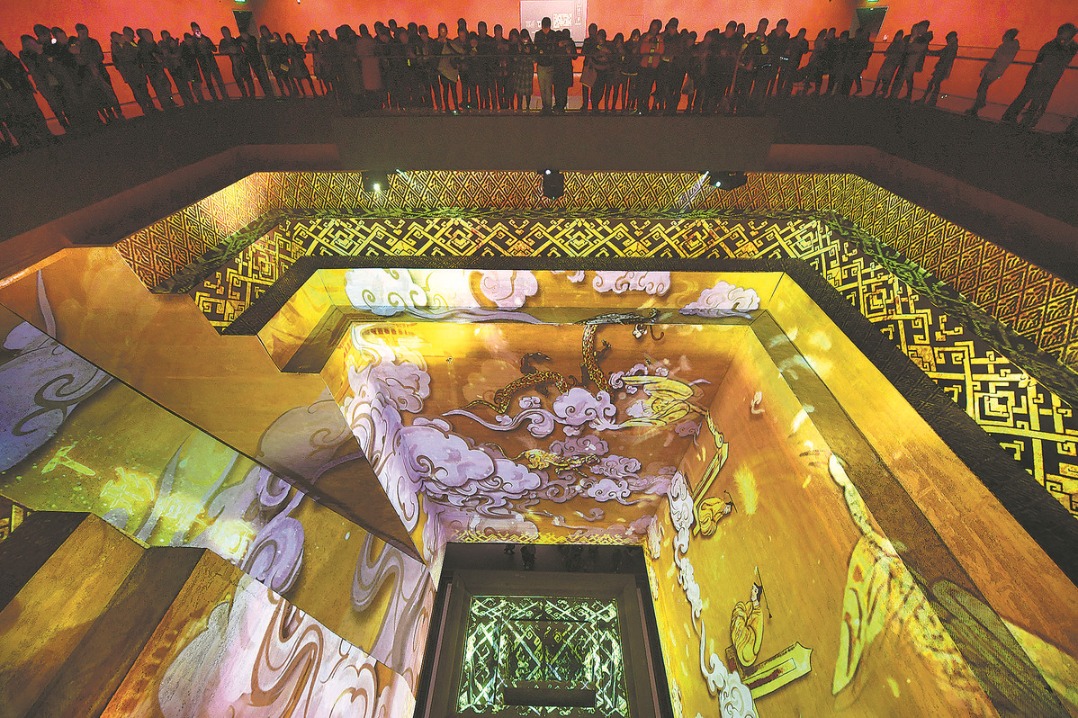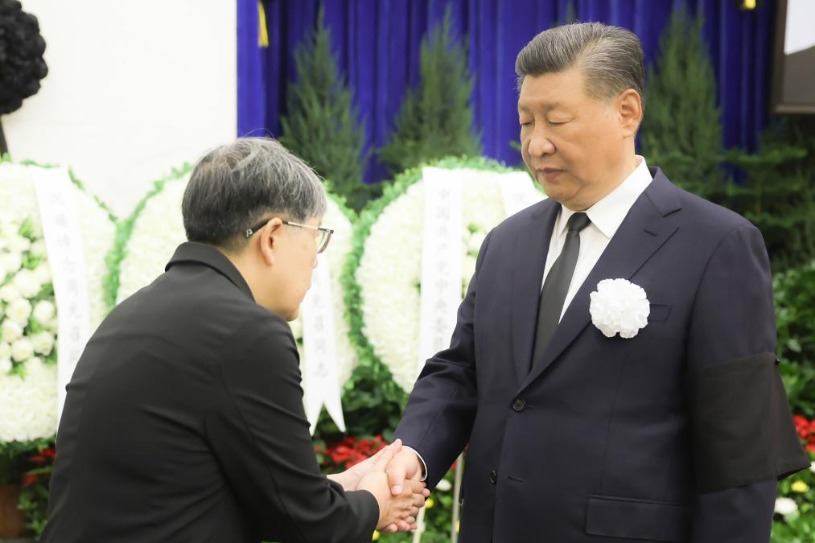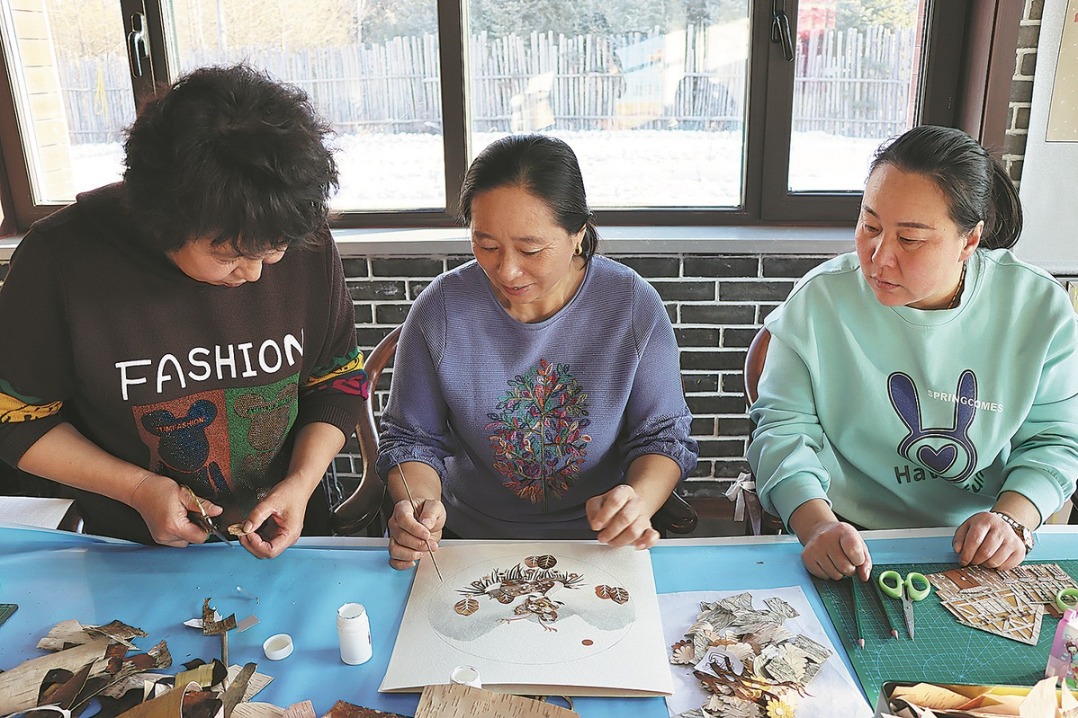Traditional ethnic dress pulls on thread of the past

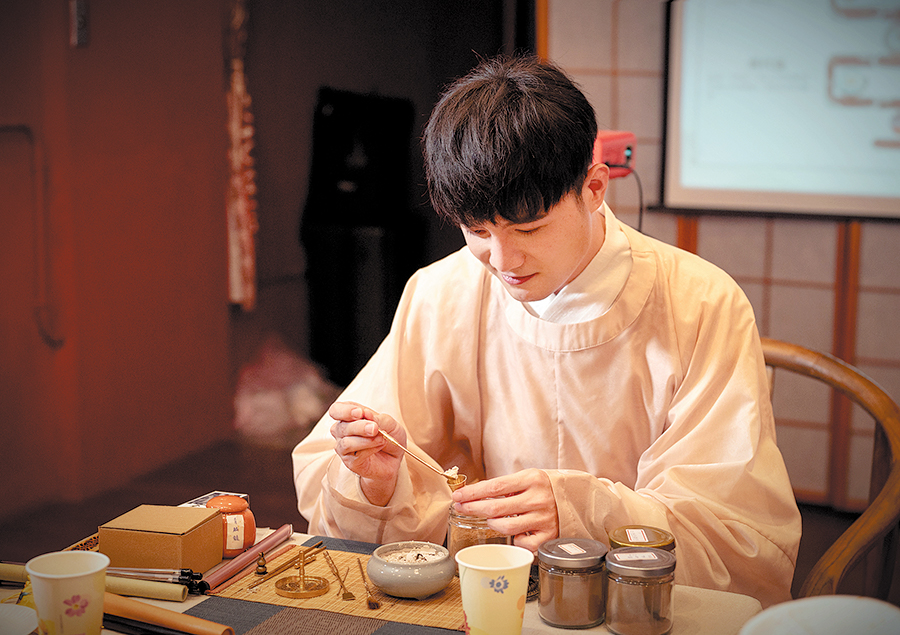
The dream of Zhong Min-hao, a dedicated hanfu enthusiast from Taipei, is to travel around the Chinese mainland wearing traditional Chinese attire. A lover of Chinese culture and history, he said the clothes make him feel closer to history.
His journey with the traditional dress of the Han ethnic group began seven years ago after he saw videos of people wearing hanfu online. He's owned as many as 100 hanfu outfits, but has whittled them down to 30.
"Hanfu carries cultural significance, better enabling me to learn about Chinese history and cultural heritage," said Zhong, 33, adding he likes to study the meaning behind each design and the custom of wearing them.
His passion for hanfu led him to take part in the annual Taiwan Hanfu Festival in Hsimenting, a popular shopping district in Taipei, where enthusiasts from all over Taiwan converge to celebrate this cultural heritage.
"When dressing in hanfu, I go out with my chin up and chest out trying to look good and confident. In this way, many people like to come over and talk to me, so often I become an ambassador for our hanfu festival," he said.
During the event, he posed with people to take pictures and introduced them to various hanfu clothing.
The event has grown significantly, from just over 100 participants in its first year to over 1,000 by the fourth, reflecting the growing interest in hanfu in Taiwan.
"The Han culture in Taiwan is deeply rooted. We speak Chinese, use Chinese characters, celebrate Chinese festivals, but we haven't done enough to preserve and inherit our traditional clothing," Zhong said.
"So I hope that by wearing it and going out, we can make more people aware that we actually are Han people and have our own traditional attire that is rich in culture," he said.
Despite the current de-Sinicization policy in Taiwan, Zhong said: "If one really wants to explore the culture and history of one's own ethnic group, they will search, explore and learn by themselves.
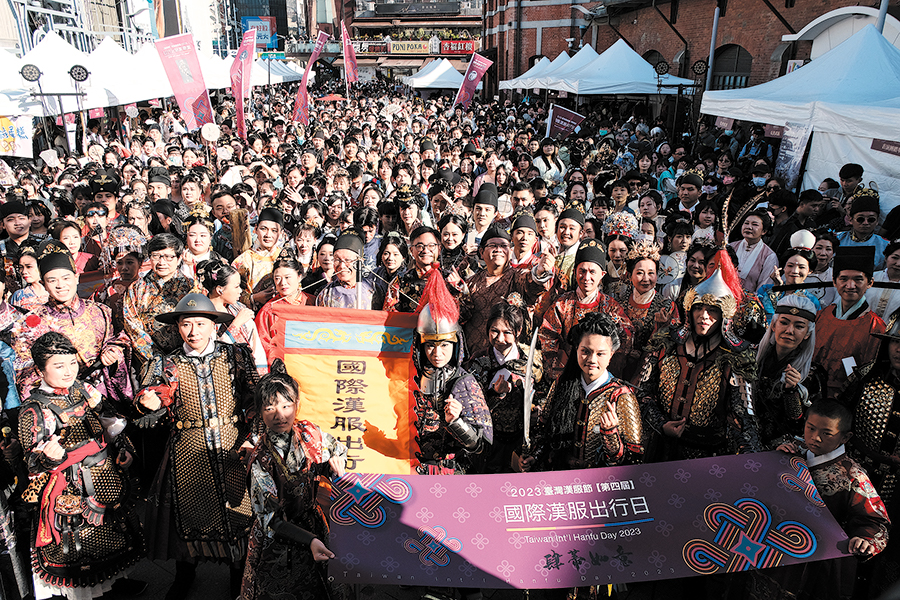
"I had a strong interest in China's history, culture and ancient buildings, but I could only read about them from textbooks or see them in pictures," he said. He made up his mind when he was at school that he must visit and really experience it when he grew up.
In 2019, he visited the mainland for the first time, experiencing the old towns and streets of Shanghai. "I was like 'wow', I experienced something I can't in Taiwan, the whole ancient street vibe," he recalled.
Zhong told himself he must come again and started planning. "I visit one city on the mainland every year, and I walk around and explore the city and see the historical places described in textbooks."
He said his life now resonates with the Chinese saying: "It is better to travel 10,000 miles than to read 10,000 books".
- Across China: Chinese scientists release AI model for lunar exploration
- Transformative aid: benefactors and beneficiaries in Xizang
- Pujiang Innovation Forum to be held in Shanghai
- Chinese premier chairs State Council executive meeting
- Former supreme court judge stands trial for graft
- Endangered Gobi bear spotted in China for first time





















